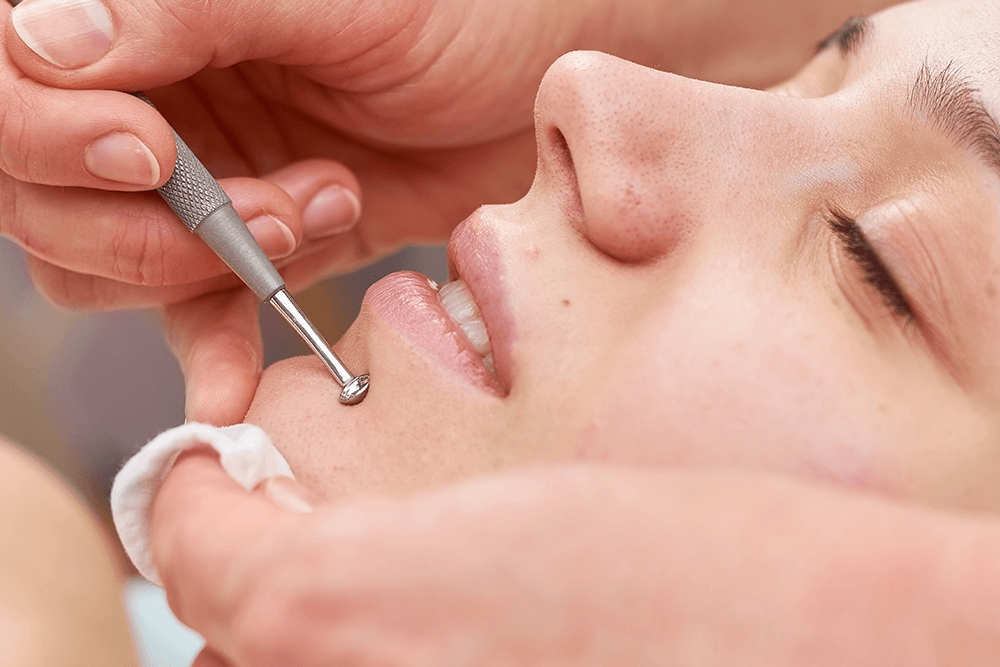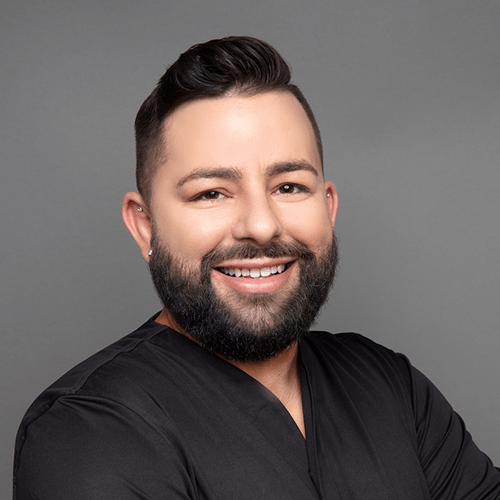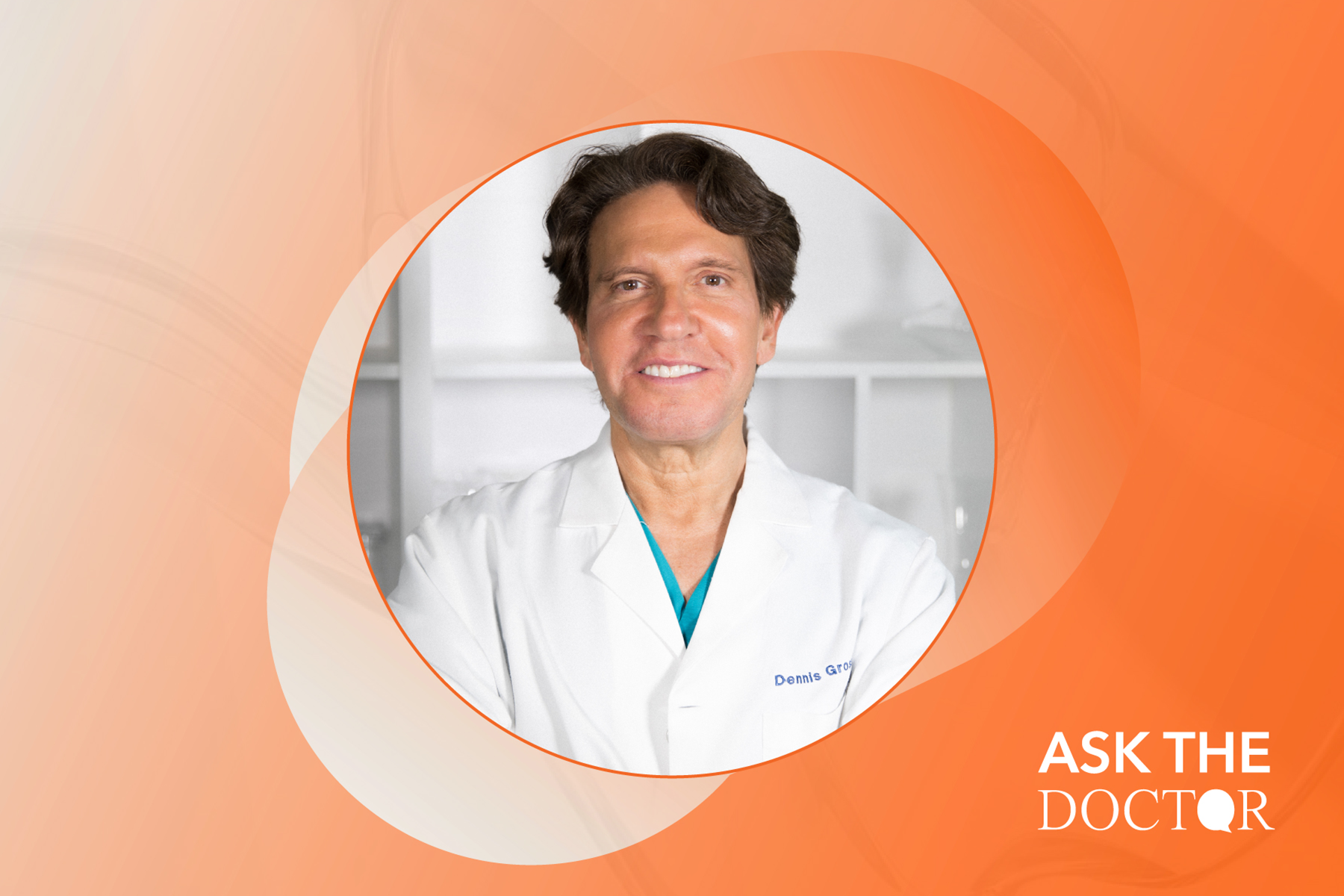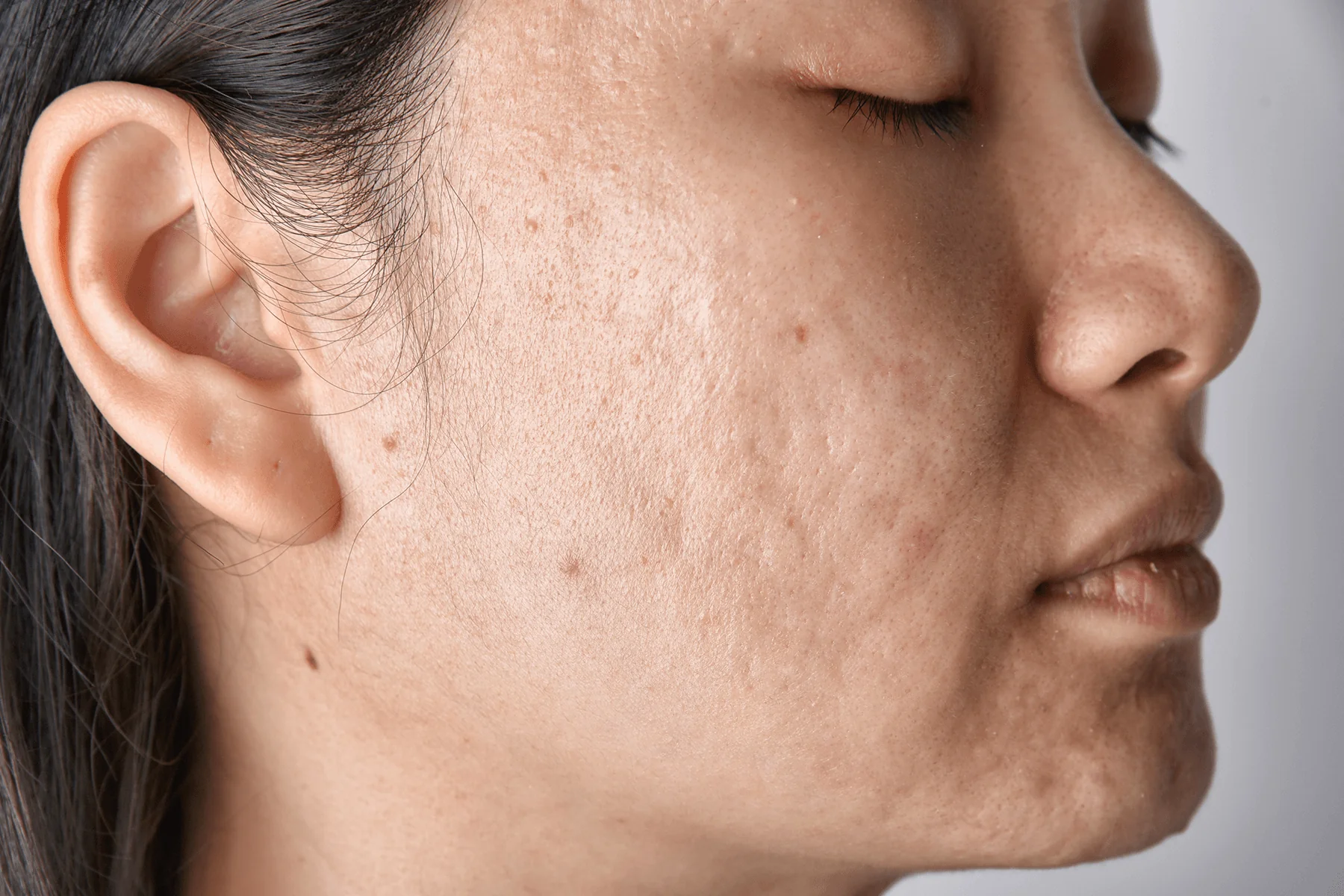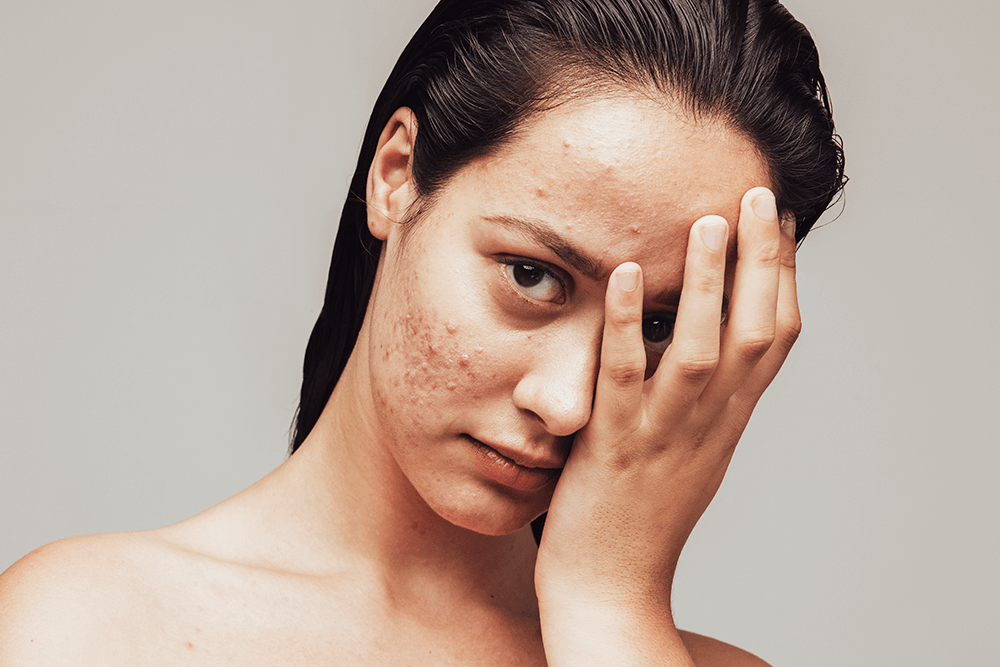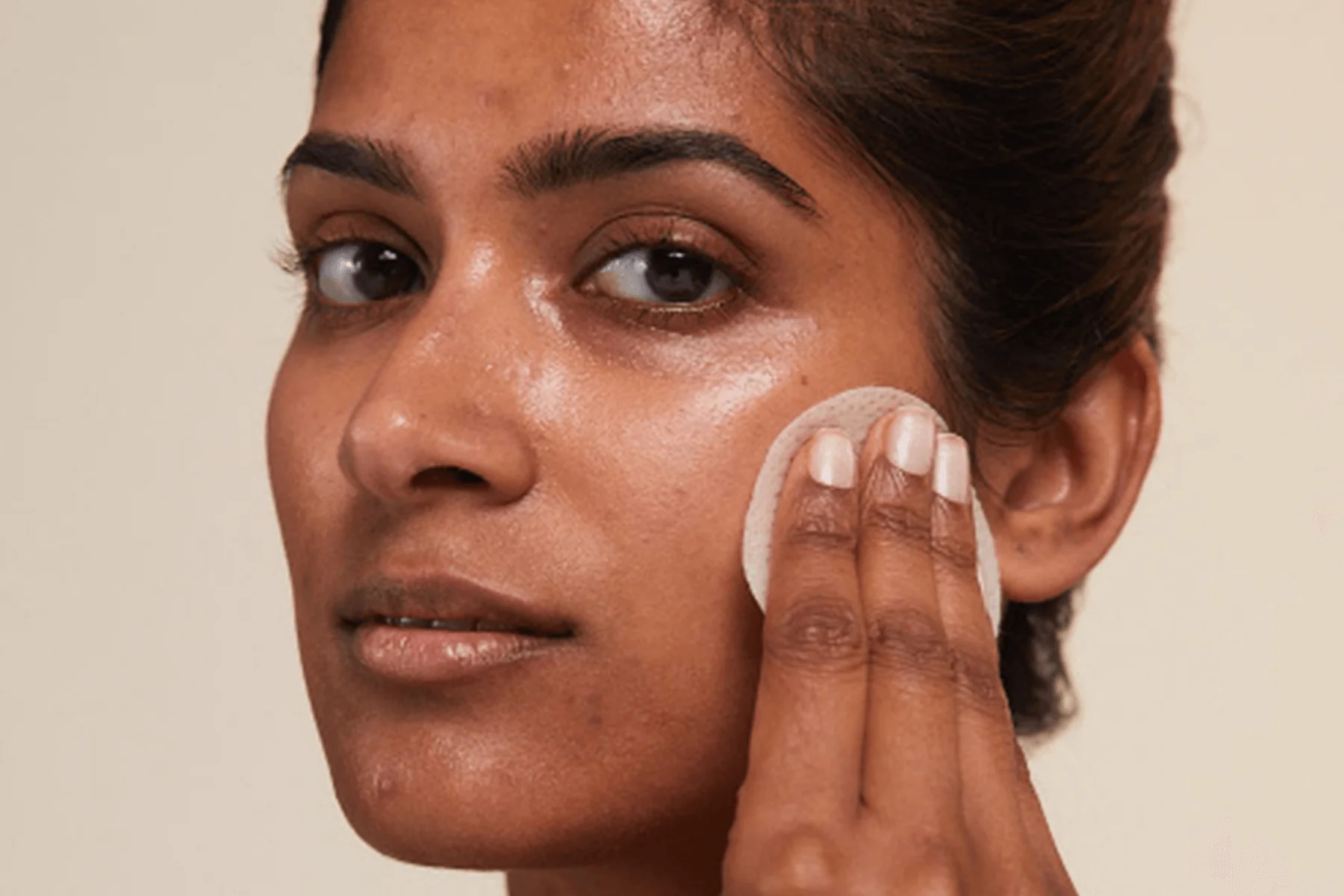The+Source
Table of Contents
You may have seen those dark dots known as blackheads scattered across your face or body. Blackheads are a fairly common type of acne. And the good news is they’re fairly easy to get under control (as compared with some other forms of acne, like cystic). Once you’re armed with knowledge and a workable, proven acne-reduction plan, you’ll be on the path to clearer skin in no time flat.
What is a blackhead?
In battle, it always helps to gather as much information as you can on your enemy, so that you can better form your plan of attack. So here goes: A blackhead is an open pore filled with debris (think oil, dead skin cells, bacteria). Despite its color, a blackhead isn’t dirt. It’s actually oxidized melanin triggered by the sebum in your skin. A whitehead is full of the same stuff, but the pore is closed so outside air can’t get to it. No air means no oxidization and no black color.
What causes blackheads?
Any pore, whether it’s on your face or body, can become home to a blackhead. But they crop up most often on the face, shoulders, and back. Blackheads result from an excess of three things present on your skin at all times: oil, dead cells, and bacteria. It’s literally impossible to rid your skin of this trio, and to be honest, you wouldn’t want to. But you also don’t need to give them license to run amok. (More on how to prevent that below.) The body’s oil production, in particular, can be influenced by hormones, so depending on what’s taking place in your life, you may find yourself more susceptible to blackheads. And as with all types of acne, genetic factors also play a role.
How to treat blackheads
For starters, don’t scrub your skin. This can end up spreading the bacteria in the blackhead all over the area and make your situation worse. Also, even though it’s only slightly less tempting than a weekend streaming binge, do not pick at, squeeze, or otherwise manipulate a blackhead. Not only do you risk spreading bacteria (as with scrubbing), but you can also end up with irritation, redness, or long-term discoloration due to post-inflammatory hyperpigmentation. Instead, use salicylic acid (find it in Dr. Dennis Gross DRx Blemish Solutions Acne Eliminating Gel) or retinol (try Dr. Dennis Gross Advanced Retinol + Ferulic Texture Renewal Serum) to unclog your pores gently. Both products will help loosen the dead cells stuffed in your pore, as well as get oil production under control.
You might also consider adding meditation to your daily routine because you’re going to need patience. On average, it can take up to six to eight weeks for a blackhead treatment to work completely. (Obviously once you do kick your blackheads to the curb, you never want to see them again. Advice for preventing future blackheads is below.)
When should you see a dermatologist for blackheads?
If two months have gone by and blackheads are still staking a claim to your skin, it’s time to call in a pro. Your derm can assess your situation and may prescribe a stronger, Rx-only treatment. They can also perform extractions to rid your skin of blackheads immediately. Note: Although this sounds like squeezing a blackhead, which we just said was a hard no above, when a dermatologist or medical aesthetician does an extraction, it’s 10000 percent not the same thing as when you DIY.
It’s also worth noting that while your doctor will want you to try your OTC routine for six to eight weeks before switching to a prescription-based version, you don’t need to wait that long to get extractions. If your blackhead is being stubborn and you have an important presentation to your boss at the end of the week, by all means, book yourself an extraction appointment asap.
How to prevent blackheads
The way to keep blackheads at bay is by limiting the three factors that fuel them: oil, dead skin cells, and bacteria. Regular, consistent chemical exfoliation will get rid of dead cells without traumatizing skin. We’re partial to Dr. Dennis Gross Alpha Beta Daily Peels for this, of course. Available in three strengths (Ultra Gentle, Universal, and Extra-Strength), there’s an exfoliating formula for every skin of skin. Post-peel, it’s crucial to address skin’s oil production, as well as the proliferation of bacteria. In addition to resolving current blackheads, Dr. Dennis Gross DRx Blemish Solutions Acne Eliminating Gel is also ideal for preventing future outbreaks. One of its star ingredients is salicylic acid, which not only exfoliates, it also kills P. acnes bacteria. DRx Blemish Solutions Acne Eliminating Gel is also formulated with niacinamide and monk’s pepper, both of which help control oiliness. For times when your skin is feeling especially oil-rich, try a clay mask—either as a spot treatment or full face. Dr. Dennis Gross DRx Blemish Solutions Clarifying Mask contains two types of clay (kaolin and bentonite) whose ability to hoover up oil is legendary.
Shop All Products from This Story
Discover Dr. Dennis Gross Skincare for All Your Skincare Needs
For more skincare tips from the experts at Dr. Dennis Gross, check out our blog’s newest content today. Shop the collection of Dr. Dennis Gross bestselling skincare backed by dermatologists.
